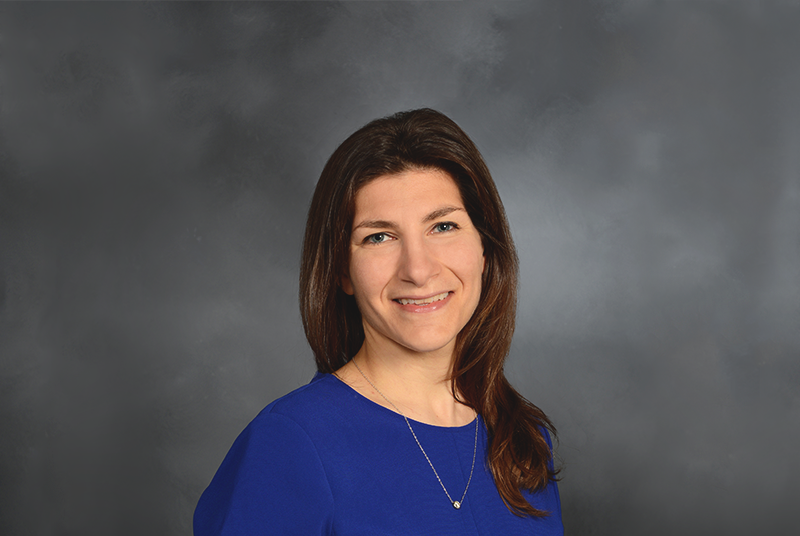Dr. Madeline Sterling, an assistant professor of medicine at Weill Cornell Medicine, has been awarded a 2022 Clinical Scientist Development Award by the Doris Duke Charitable Foundation.
The grant, established in 1998, aims to offer early-career physician-scientists the resources and time necessary to focus on clinical research while facing the demands of both patient care and research responsibilities, as they transition to independence. The three-year, $495,000 award will support the expansion of Dr. Sterling’s research on home health care to a new area—one aiming to improve the mental health of home health aides. This year, the foundation presented 16 Clinical Scientist Development Awards, representing roughly 10 percent of the applicant pool.
“This award is a tremendous honor, and I think it signals that there’s a growing need to take care of the health of caregivers,” said Dr. Sterling, whose research has largely focused on how home health aides – one of the fastest-growing sectors of the healthcare industry – contribute to patient care and health outcomes.
Noting that paid caregivers are an “overlooked and undervalued but increasingly vital workforce,” Dr. Sterling found in prior research that two-thirds of home health aides in New York City struggled with mental health issues during the COVID-19 pandemic. Her new, first-of-its-kind study will enroll 100 such caregivers over three years in an evidence-based behavioral health intervention that incorporates peer coaching. “We hope it improves levels of depressive symptoms, stress and loneliness,” she said, “as well as lay the groundwork for a larger trial that will follow.”
During this study, Dr. Sterling will be mentored by Dr. Monika Safford, the John J. Kuiper Professor of Medicine and chief of the Division of General Internal Medicine at Weill Cornell Medicine, and Dr. Penny Feldman, senior scientist and director emerita of VNS Health.
Notably, the study will be conducted in partnership with the 1199SEIU Training and Employment Fund (TEF), a labor management fund of the largest healthcare union in the United States. TEF trains and provides benefits to 55,000 home care workers employed by more than 50 New York agencies.
“Often, home health aides are the eyes and ears of patients in the home, but they’re not the focus of much research,” Dr. Sterling said. “My goal is to change that. With this new study, we could actually start to help improve the workers’ own health—and a better supported workforce is not only good for their own well-being but is also likely to lead to better patient care.”

